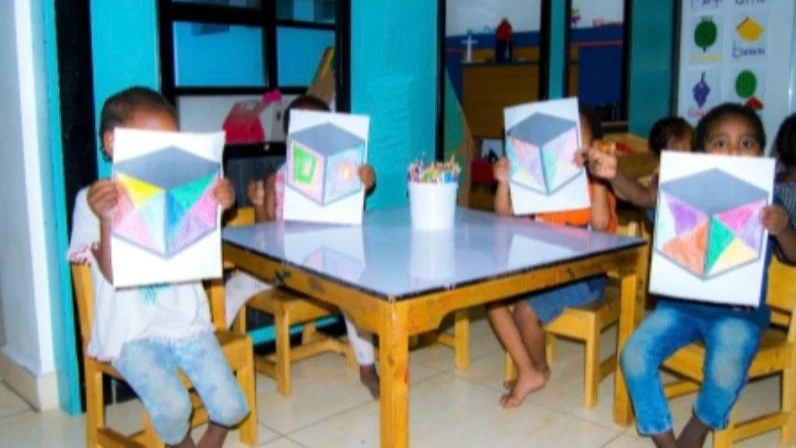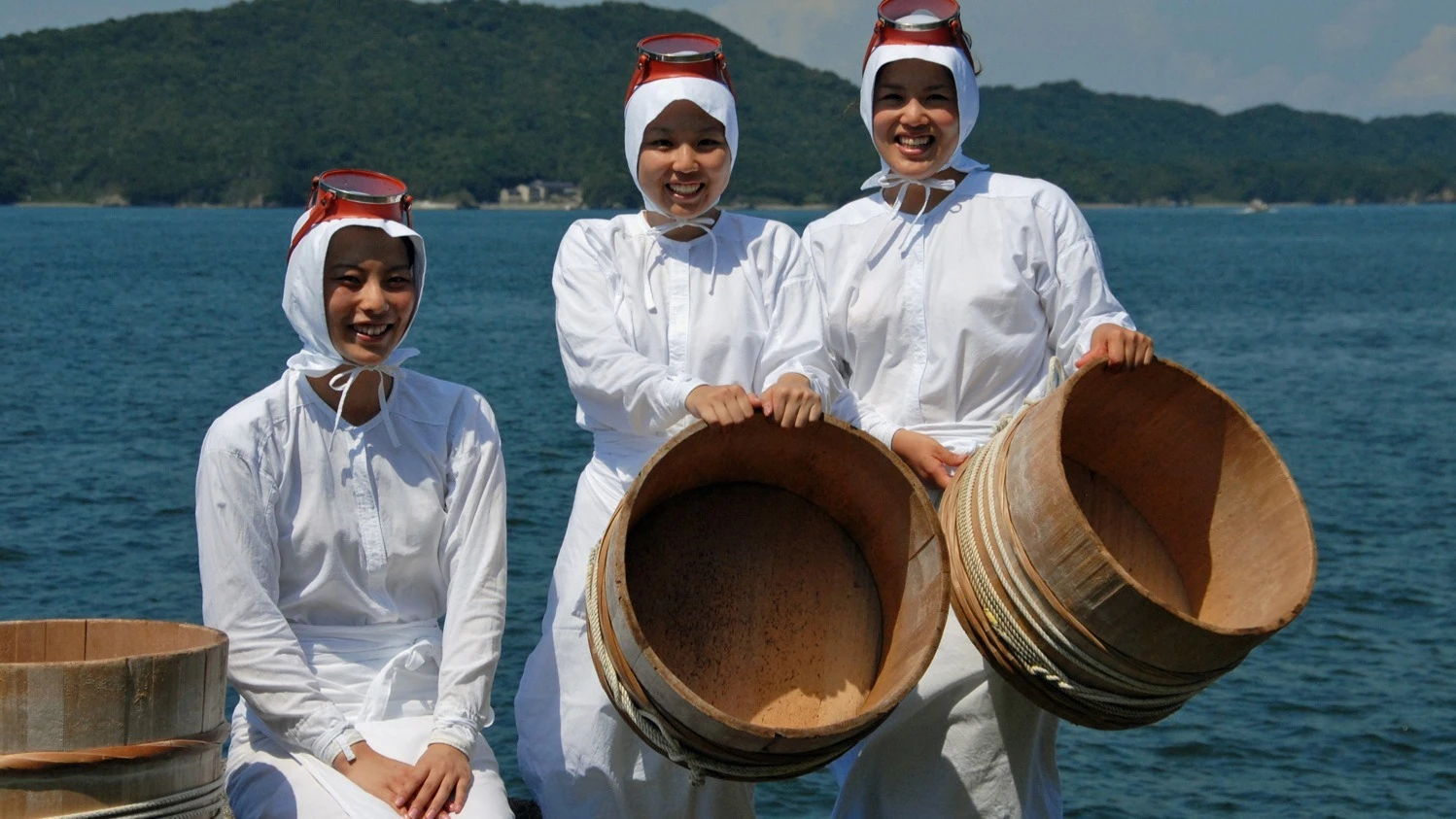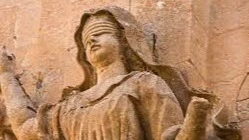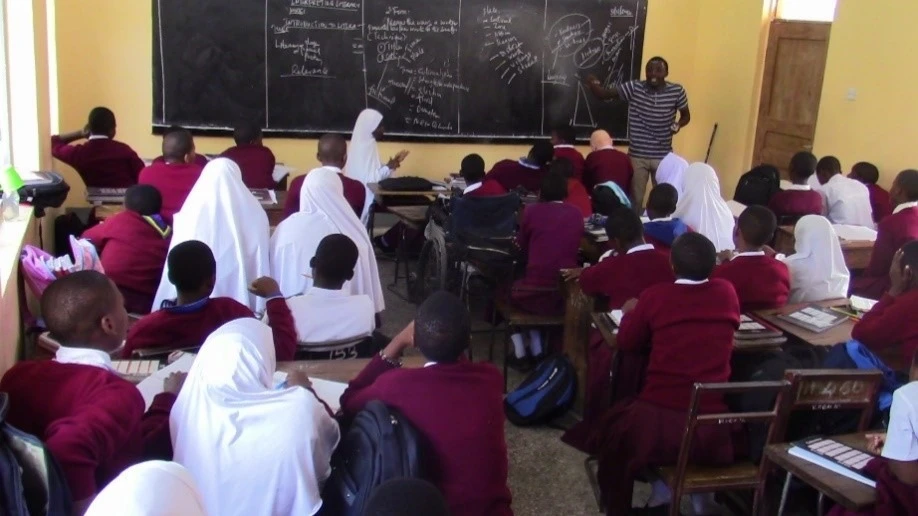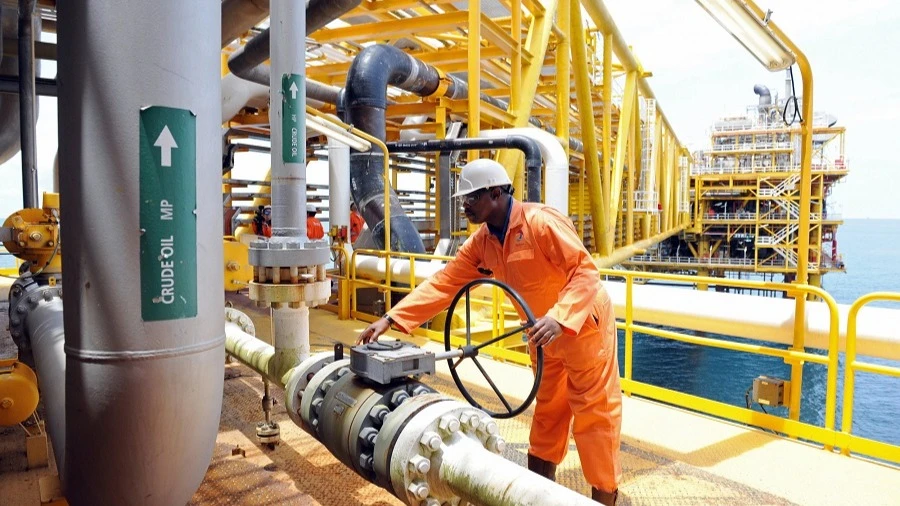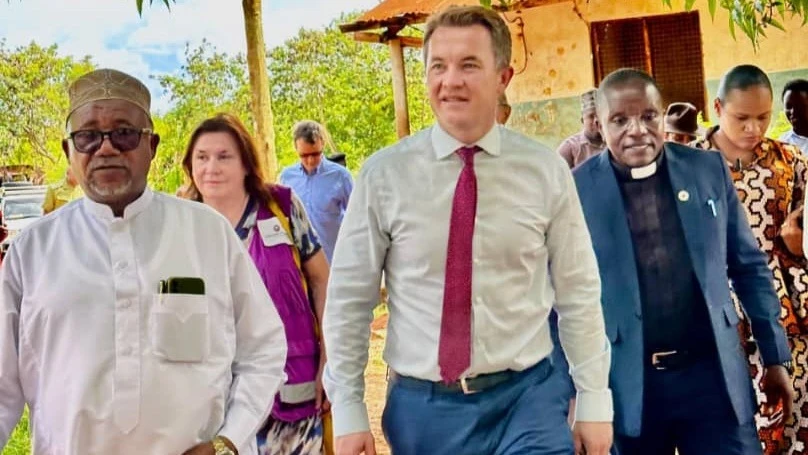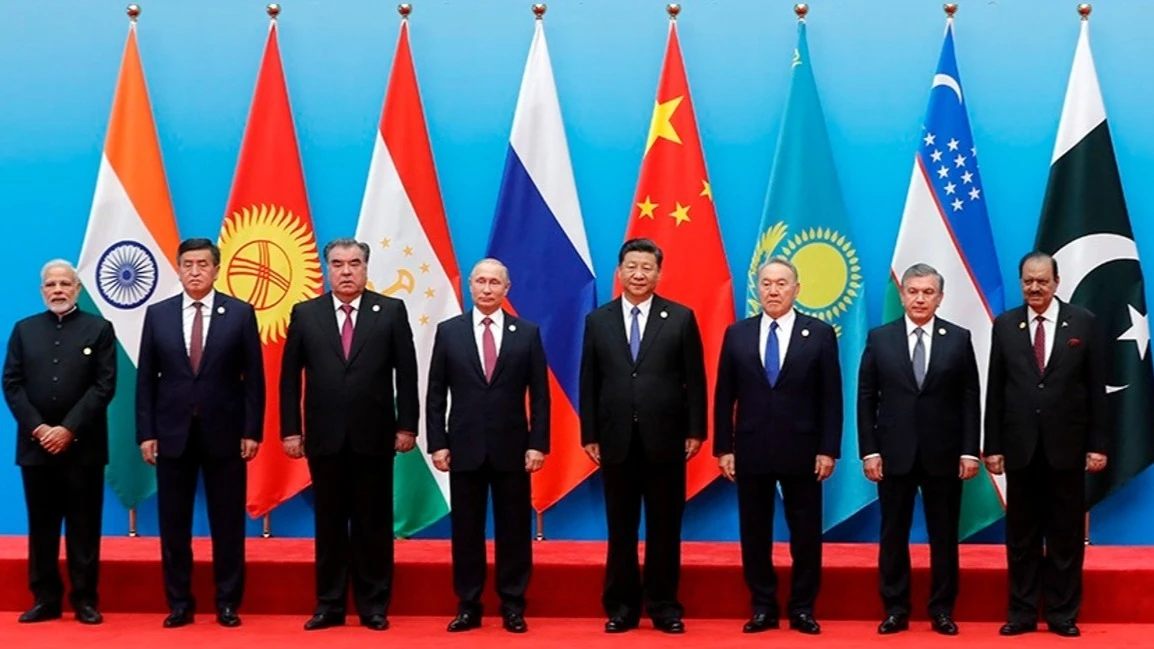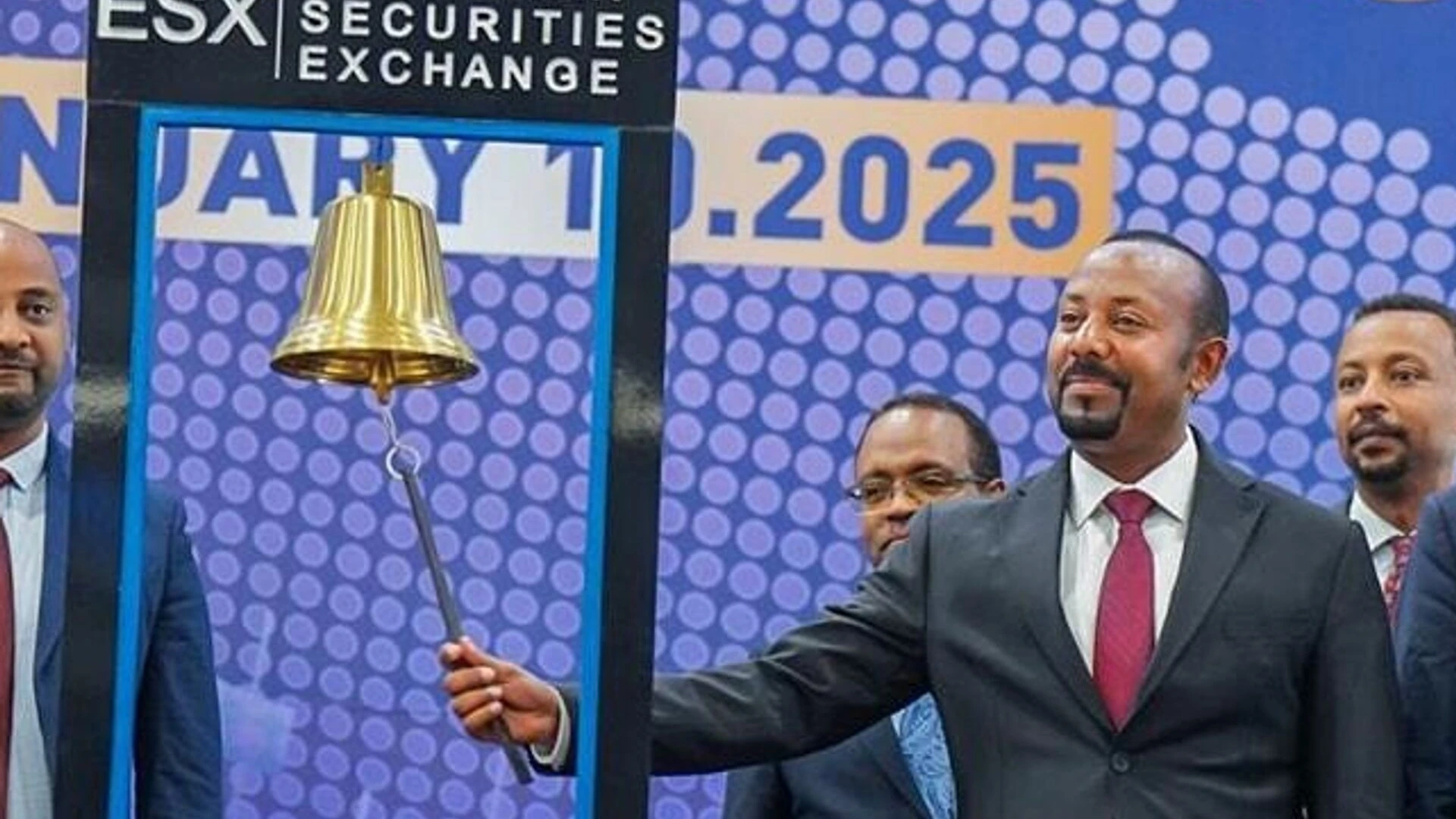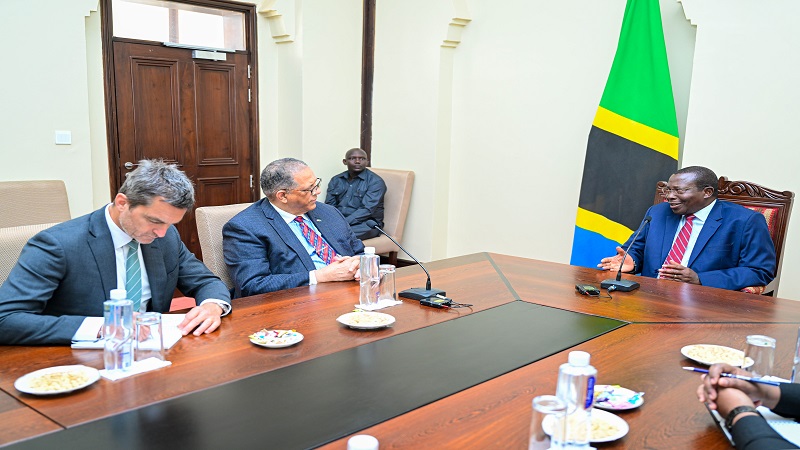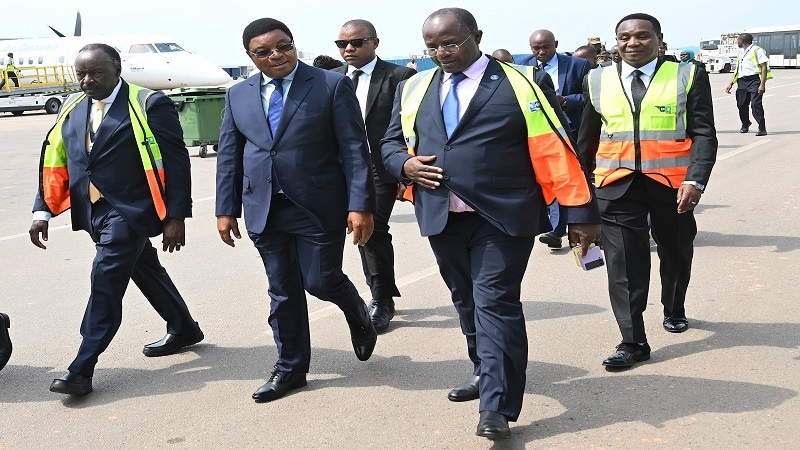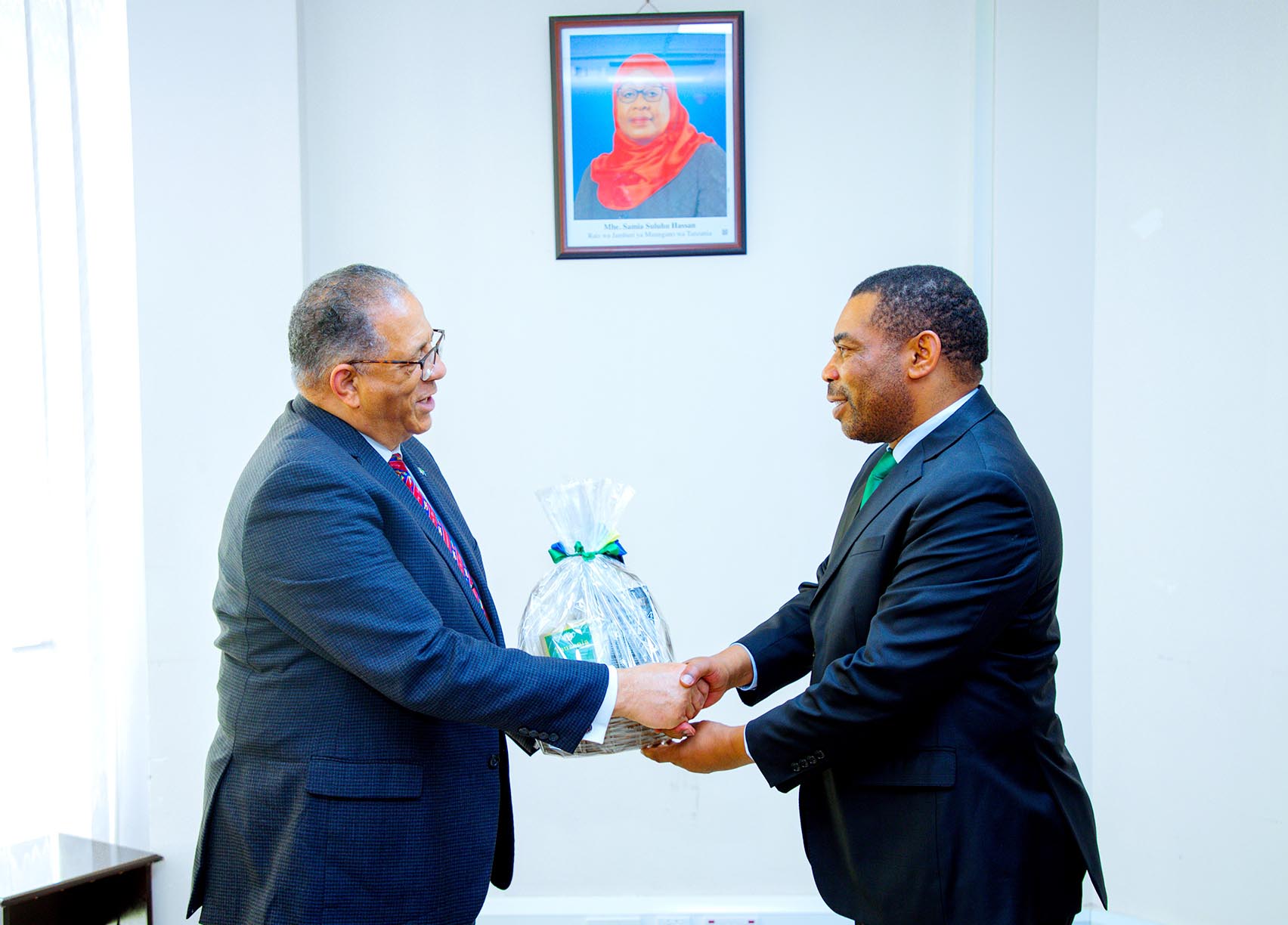Mwinyi: Electoral commissions working to ensure polls fairness
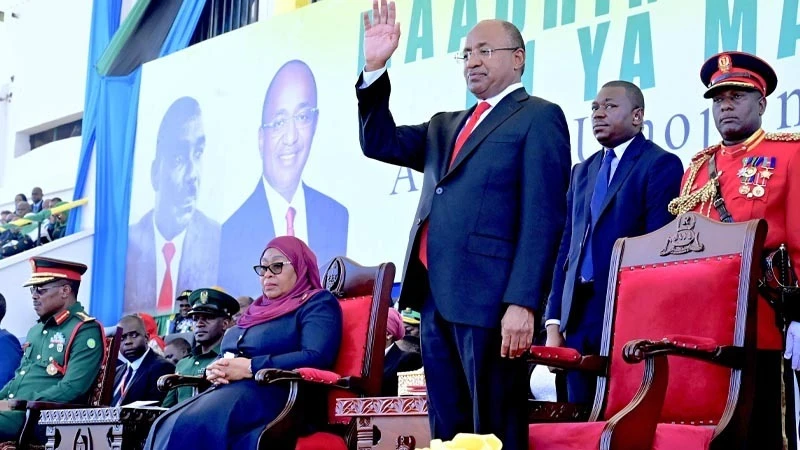
THE responsible commissions have started to work to ensure fairness and transparency in the process to the general elections later this year, the government has assured.
Zanzibar President Dr Hussein Ali Mwinyi made this declaration yesterday at the climax of events to mark 61 years of the Zanzibar Revolution at the Gombani Stadium in Pemba.
He urged residents to engage in the upcoming elections with intent to uphold the peace, underlining that the responsible commissions have started to work to ensure a harmonious process.
He appealed to political leaders, religious groups and the public to maintain peace and unity as the nation prepares for the polls, noting that peace is crucial for achieving the country’s development goals.
“We must ensure our country conducts a peaceful and fair election, before, during and after the process,” he stated, affirming that the Independent National Electoral Commission (INEC) and the Zanzibar Electoral Commission (ZEC) have started to take measures to ensure that the process goes well.
The celebrations were attended by thousands of Zanzibaris and scores of resident and visiting Mainlanders, with various local and foreign dignitaries turning out for the colourful occasion among them Union President Samia Suluhu Hassan.
The event was charmed with festivities highlighting the Isles’ optimism for the future, with Vice President Dr Philip Mpango, Zanzibar First Vice President Othman Masoud Othman, Second Vice President Hemed Suleiman Abdullah among the high-profile leaders attending the final event.
In his relatively sparse remarks, President Mwinyi reflected on Zanzibar’s significant transformation over the past years, hailing strong economic growth, increased investments and infrastructure development.
He paid tribute to the founders of the revolution for their vital role in bringing about positive change, urging citizens to persistently honour their contributions.
The Zanzibar president’s call for peace and security was a reminder of the importance of unity and mutual trust in shaping a prosperous future for both parts of the union, observers noted.
The president pointed at significant achievements, including maintaining peace, unity and solidarity as well as boosting the economy, pointing at durable peace and solidarity as monumental achievement during the six decades of the revolution.
He said the Isles economy grew by 5.1 percent in 2021, having descended to 1.3 percent during the 2020 pandemic year, while annual inflation had remained below 5.08 percent.
Increased registration of investment projects and improvements in social services, including education, health and infrastructure are also in evidence, while the development of infrastructure, business growth plus the strengthening of democracy and good governance are equally visible, he said.
Second Vice President Abdullah hailed President Mwinyi for efforts to transform the Isles, crediting President Samia with fostering national development through strategic projects.
The Revolution Day is the most important event in the Isles calendar, celebrated across a whole week with military parade at the climax, after cultural events and entertainment shows.
The Zanzibar Revolution early in 1964 overthrew the sultan of Zanzibar, a descendant of the Omani royal family which for more than a century had intermarried with local people.
The revolution involved some allied groups loyal to Afro-Shirazi Party leader Sheikh Abeid Amani Karume, who proclaimed the new People's Republic of Zanzibar, and instantly recognised by neighbouring Tanganyika and a number of communist states at the time.
Top Headlines
© 2025 IPPMEDIA.COM. ALL RIGHTS RESERVED









